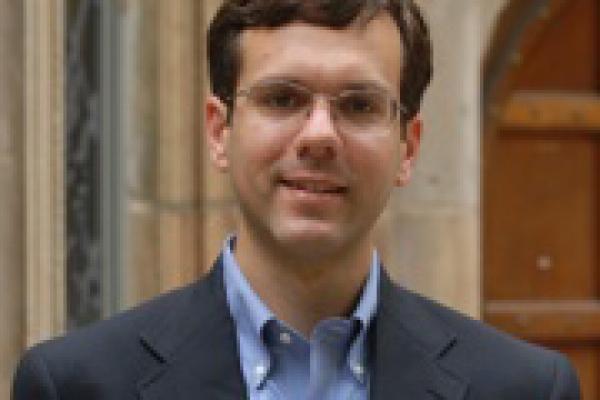
A fundamental goal in nuclear theory is to obtain an ab initio description of the nucleus -- that is, to understand the strongly correlated motion of nucleons within the nucleus directly from the underlying interactions of these constituents. Particularly intriguing is the question of how simple excitation patterns, indicating the presence of collective modes, arise out of the complex interactions within the nuclear many-body system. The emergence of rotational bands has recently been observed in ab initio no-core configuration interaction calculations of light nuclei. The results demonstrate the possibility of well-developed rotational structure in such calculations, using realistic nucleon-nucleon interactions, and within finite, computationally-accessible configuration spaces. This seminar will focus on results for rotation in the Be isotopes, as well as on the challenges of obtaining converged results for observables relevant to rotation.
